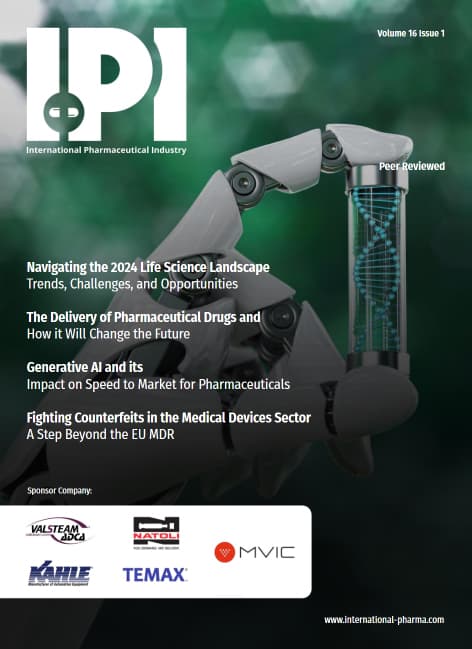We normally think of trust in the context of our personal relationships with other people, but how often do we consider trust with respect to the products we use? Most of the products used on a daily basis we implicitly trust them to work as advertised because we assume the company providing the product has done sufficient functionality, safety testing and quality control and that there exists somewhere a governmental/regulatory rule requiring testing of said product for human safety by some approved standard before the product can be sold to the consumer. Marc Mittermueller, Flor Toledo Rodriguez and Dan Haines at Schott discuss that for parenteral products, we go one step further with trust, verifying the potentially severe impact to patient safety from counterfeit, mislabelled, mispackaged, defective or non-compliant products.

Trust but Verify: Importance of Packaging Compendial Testing to Secure the Parenteral Drug Supply Chain
IPI was established by professionals with over 30 years of experience in the Pharmaceutical and Life sciences publishing sectors. Peer-Reviewed, Contemporary, Authoritative
IPI Media © 2024, All Rights Reserved – Powered by Teksyte

























